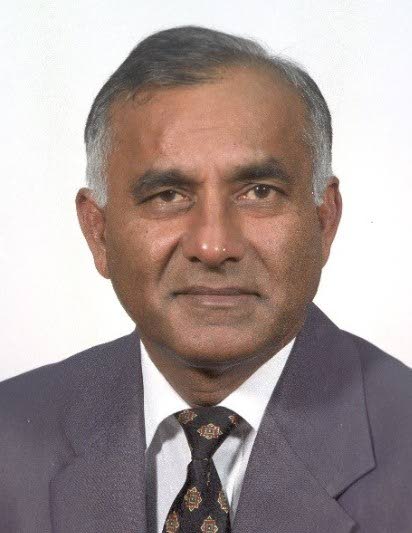The 2025-2026 budget of Trinidad and Tobago has sparked skepticism among analysts, including economist Trevor Sudama, who questions its ability to deliver sustainable economic improvements. While the budget aims to enhance citizens’ quality of life through diversification and innovation, Sudama highlights several concerns that undermine its credibility. The budget relies on overly optimistic revenue projections, which are unlikely to materialize, potentially widening the fiscal deficit. Increased borrowing may be necessary to cover the shortfall, raising concerns about long-term economic stability. Additionally, the budget lacks clarity on funding for newly announced job creation initiatives, further fueling doubts about its feasibility. A critical issue is the country’s lagging innovation capacity. Despite allocating funds to initiatives like the Research and Development Impact Fund and a national innovation program, the budget fails to outline concrete measures to foster innovation. Trinidad and Tobago ranks poorly in global innovation indices, with only a small percentage of firms engaged in innovative activities. The agricultural sector, identified as a key pillar for diversification, also faces significant challenges. Despite repeated incentives, agricultural output remains minimal, and food imports continue to rise. Sudama raises critical questions about the sector’s lack of scientific input, low youth participation, and underutilized resources. Without addressing these systemic issues, the budget’s proposed measures are unlikely to yield meaningful results. The budget’s ambitious goals, while commendable, appear disconnected from the economic realities and structural weaknesses that hinder sustainable growth.
